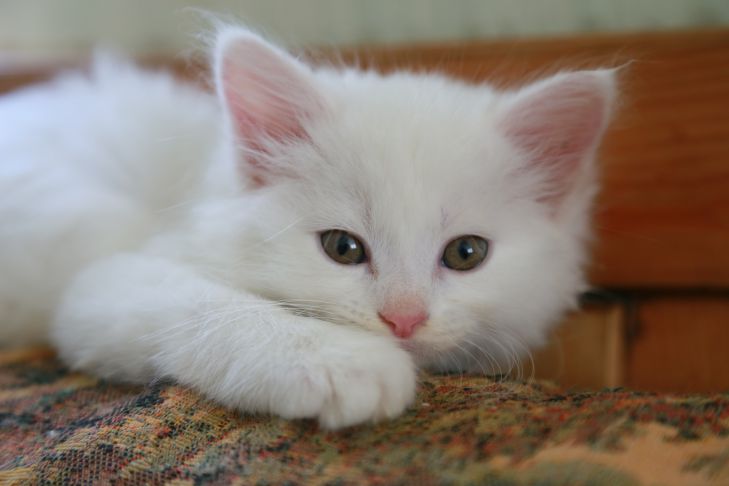If you have a pet, you will have to pay attention to the peculiarities of its maintenance. If you do not do this, then the life of the animal, and sometimes the owner, will turn into a continuous problem.
Undesirable behavior, refusal to eat or drink, bad temperament - all this is the result of an irresponsible approach to maintenance.
Below are 11 rules that a responsible owner should not only know, but also follow.
11 rules for keeping a cat
1. Cats are predators. They need meat food. At least 70% of the diet should consist of meat. This applies not only to natural food, but also to dry food. Carefully read the composition, rejecting food that contains a lot of cereals, corn and other "non-predatory" ingredients.
2. Cats need to be trained. There are rules in the house. For adults, children and animals. And you need to start accustoming your pet to these rules from the moment it appears in the house.

3. Learn the cat's language of communication. There is no need to humanize your pet. This is an animal. It lives by its own rules and communicates in its own language. True love is to understand your pet, not to try to explain its behavior from a human perspective. Learn what certain behavior patterns mean so you can understand what your furry friend feels and wants.
4. Take care of your health first, and everything else second. Health problems are the cause of most problems, including problematic behavior.
5. Don't let strangers touch your cat. Imagine that a stranger broke into your house, grabbed you, started to "squeeze", pet you, kiss your nose. Unpleasant, isn't it? And the cat doesn't feel good either.
6. Don't let other people's children play with the cat. They might even break something. Or he might hurt them. And teach your children how to play with the pet correctly so that both he and the children remain safe and sound.
7. Don't put a bowl of water next to the food. Many cats refuse to drink water just because it is next to the food. And a lack of water in the body leads to kidney disease.
8. The bed should be chosen in such a model that it has a good view. Because of their small stature, cats in the wild were in danger, so they must always be on the alert. And to do this, you need to be able to see what is happening.
9. Do not place the food bowl in "dangerous" places. For example, where people often walk (hallway), foreign smells interfere (hallway), birds distract (by the window). The animal should be comfortable eating.
10. Consider your pet's natural needs. Animals do nothing without a reason. There is a reason for every action. A cat needs to sharpen its claws, this is its natural need. If you forbid sharpening its claws on the sofa, give it an alternative.
11. Play with your pet. Not long ago, domestic cats lived outside, occasionally looking into the house. Now they are often locked up in an apartment their entire lives. This is a living creature and it needs physical activity. Therefore, you need to play with your cat so that it releases its accumulated energy. Otherwise, it will find entertainment for itself - break a vase, tear off the wallpaper, "walk on the walls."
Cats are a special world. They seem to be similar to other animals, but they are still very different from them. And a responsible owner should study this world.








